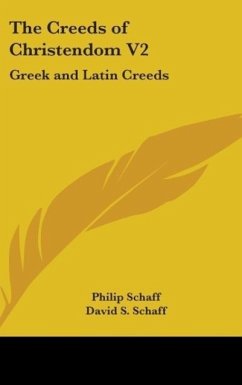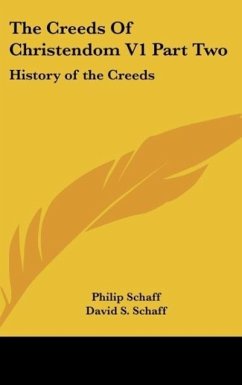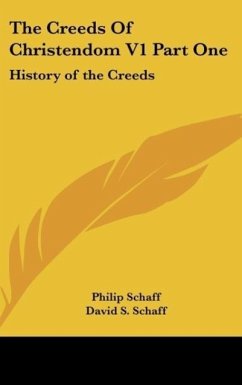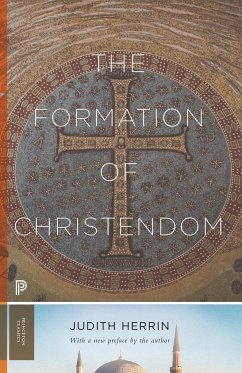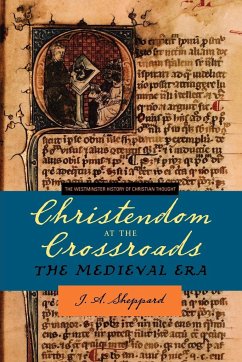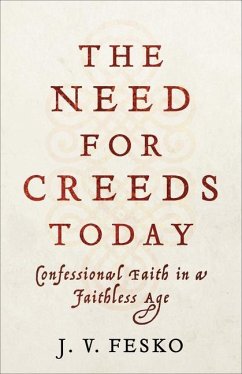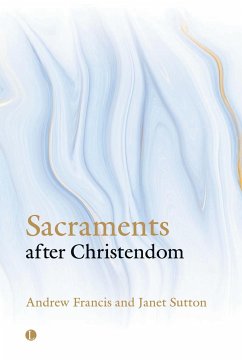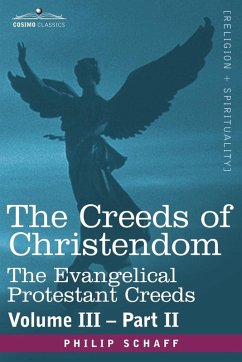
The Creeds of Christendom
The Evangelical Protestant Creeds - Volume III, Part II
Versandkostenfrei!
Versandfertig in 1-2 Wochen
35,99 €
inkl. MwSt.

PAYBACK Punkte
18 °P sammeln!
Philip Schaff's The Creeds of Christendom is a massive set, originally published in three volumes and here reproduced across five volumes, cataloging and explaining the many different creeds from the myriad Christian denominations. The differences in belief between Calvinists, Lutherans, and Presbyterians, for example, can often be subtle, so a thorough examination of the particulars as well as an explanation for how those different beliefs result in a different worldview is necessary. Volume Three: Part II covers: . the Anglican Catechism . Modern Protestant Creeds . Recent Confessional Decla...
Philip Schaff's The Creeds of Christendom is a massive set, originally published in three volumes and here reproduced across five volumes, cataloging and explaining the many different creeds from the myriad Christian denominations. The differences in belief between Calvinists, Lutherans, and Presbyterians, for example, can often be subtle, so a thorough examination of the particulars as well as an explanation for how those different beliefs result in a different worldview is necessary. Volume Three: Part II covers: . the Anglican Catechism . Modern Protestant Creeds . Recent Confessional Declarations . Terms of Corporate Church Union . the Savoy Declaration of the Congregational Churches . the Confessional of the Waldenses. See Volume Three: Part I for the Table of Contents for this volume. Swiss theologian PHILIP SCHAFF (1819-1893) was educated in Germany and eventually came to the United States to teach at the German Reformed Theological Seminary in Pennsylvania. He wrote a number of books and hymnals for children, including History of the Christian Church and The Creeds of the Evangelical Protestant Churches.




